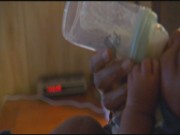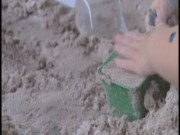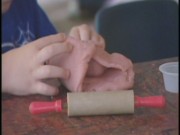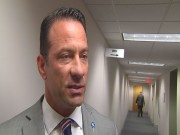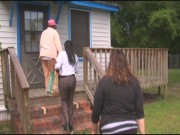DCF Changes May Hurt More than Help
April 21st, 2014 by Mike VasilindaAdvocates for abused and neglected children are raising red flags over pending legislation drastically expanding the number of child abuse investigators. As Mike Vasilinda tells us, the problem is a lack of funding once the state knows who is being abused or neglected.
Governor Rick Scott is proposing hiring 400 new child protection investigators at a cost of 39 million.“We still have much to do to protect the most vulnerable among us” said Scott when he made the funding announcement in Miami in January.
Advocates came out in droves at a House Appropriations Committee. Mike Watkins from Big Bend Community Based Care told lawmakers there was not enough money in the legislation to do the job they want done, “There’s not enough. I don’t think it goes far enough in this bill for us to help protect the lives of kids in the state of Florida.” Watkins says the hiring of investigators without spending more on services once problems are found is short sighted.
“If we don’t have good prevention if we don’t have good subsidies, if we don’t have good mental health, and we don’t have good domestic violence, we’re really wasting money on doing better investigations” says the 23 year veteran of child protection.
The idea to beef up child protection followed a series of stories that linked 477 deaths of children who were under Department of Children and Families supervision to a lack of follow-up by the state.
But budget makers, including House Appropriations Chairman Seth McKeel, say they are doing all they can do. “A lot of advocates all over the state are asking for a lot of money. We have a 75 billion dollar budget, we’re gonna do the best we can to take care of as many people as we possibly can.”
Without more services to help stressed families, advocates say the state will only be doing a better job of tracking problems without doing anything about those problems. In Tallahassee, I’m Mike Vasilinda reporting.
Posted in State News |  Comments Off on DCF Changes May Hurt More than Help
Comments Off on DCF Changes May Hurt More than Help




